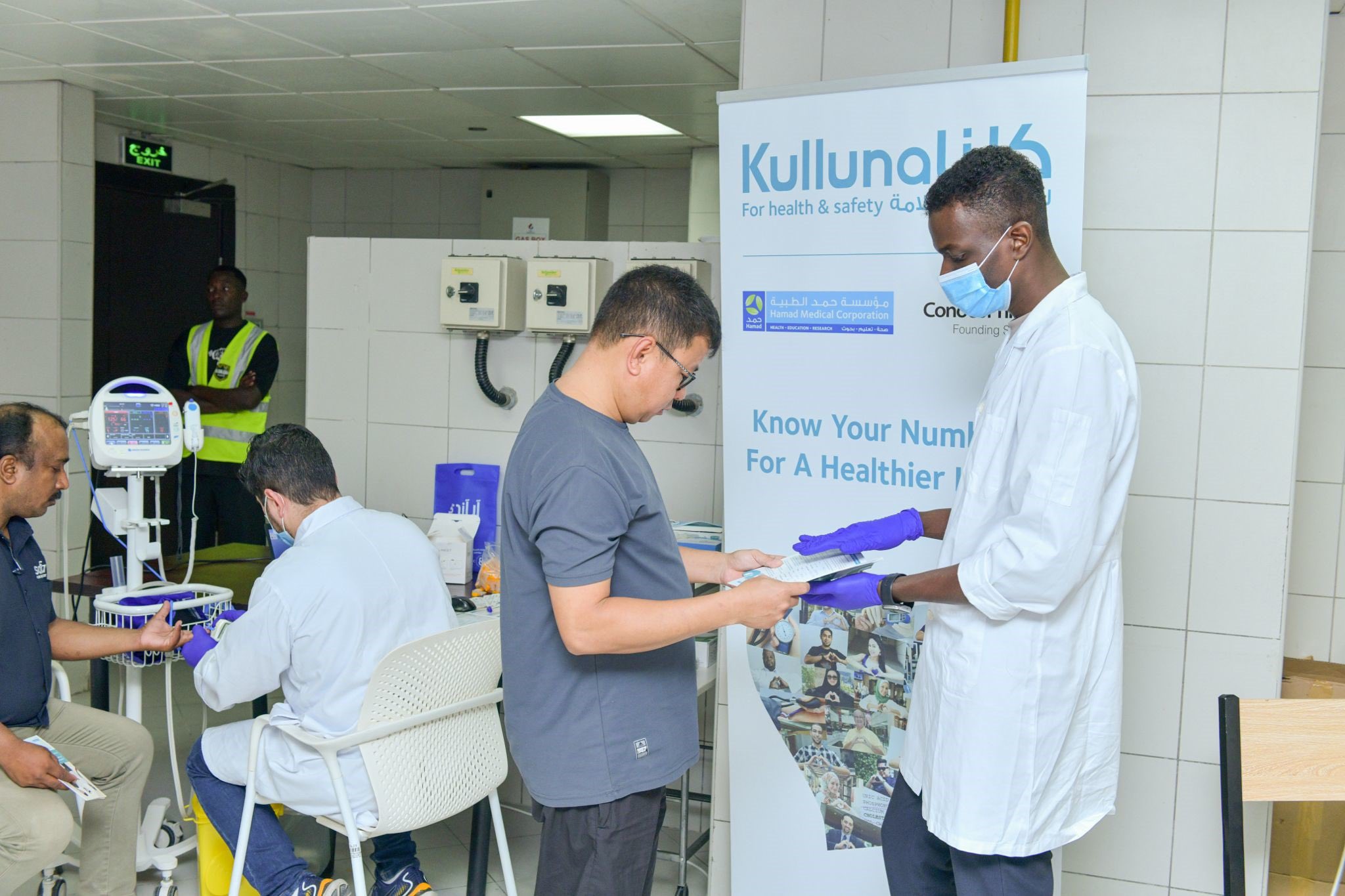
Qatar’s Emir has signed into law new legislation that reinforces the country’s commitment to expanding its organ donation program, giving doctors, patients and donors a legal framework to work within.
The new law lays out the conditions under which organ donation is legal in Qatar, specifying that is must be urgent and that doctors must have exhausted all other treatment options, according to the Peninsula.
The law also states that children and individuals of unsound mind are not allowed to make a donation – even if their guardians want to give consent.
And it details tough penalties for those found to be trading in human organs, with those convicted of the offense facing a jail term of up to 10 years and/or a fine of up to QR1 million.
Other articles in the law specify that a donor can change his or her mind at any time without giving a reason, and that organs can only be removed from the deceased with permission from their legal heirs, suggesting that families of registered organ donors would be able to go against their relative’s wishes if they wanted to do so.
The law also states that the transplant of genitals or tissues or cells from genitals is not allowed in Qatar “if it could lead to confusion over lineage.”
Reinforcing the message
This latest legislation builds on the existing Human Organ Transplants Law (no. 21 of 1997).

The country launched its first organ donation center in 2011, and it began an organ donor register at the same time.
Successive donor drives have received high profile support, with former first lady Sheikha Moza bint Nasser registering as a donor in 2013.
Qatar’s state healthcare provider Hamad Medical Corp. (HMC) now has 75,000 registered organ donors on its books after a successful Ramadan awareness campaign that drew in 30,000 new applicants, a promising boost to its 2015 target of 100,000 donors by year-end.
“The number is a significant improvement on last year’s campaign, demonstrating a greater understanding and acceptance of organ donation throughout the community and high level support for the program,” Dr. Abdulla Al Ansari, Deputy Chief of Medical, Academic and Research for Surgical Services at HMC said in statement.
Caring for donors
Qatar’s organ donation model is based on the Doha Donation Accord, which was established in 2010 and endorsed by GCC Health Ministers in 2011.

It is based on equality, with all residents, both expats and Qatari nationals, being eligible for access to transplant services based solely on medical need.
The accord also outlaws the use of financial incentives for the recruitment of potential donors, but it does provide for the covering of flight, telephone and accommodation costs for relatives flying into Qatar to be a live donor of a kidney or part of a liver, or to be assessed for eligibility for live donation.
It also guarantees live donors health insurance for life, disability insurance in case there are complications after the operation, and life insurance. Live donors will also receive a medal from the government, it adds.
Interestingly, the new organ donation law specifically endorses the donation of organs to non-relatives, suggesting that the live donation of kidneys and livers to an unrelated recipient will now be encouraged.
Currently, non-related live donors are excluded from the terms of the Doha Donation Accord, which means that they do not benefit from any of its provisions, including government-backed life insurance and health insurance for life.
Registering to be a donor
Qatar residents can sign up to be organ donors at the Qatar Organ Donation Center (Hiba) in Hamad Medical City or at booths set up in many shopping malls around the country.
You can find out more about becoming an organ donor online here.
Are you a registered donor? Thoughts?







